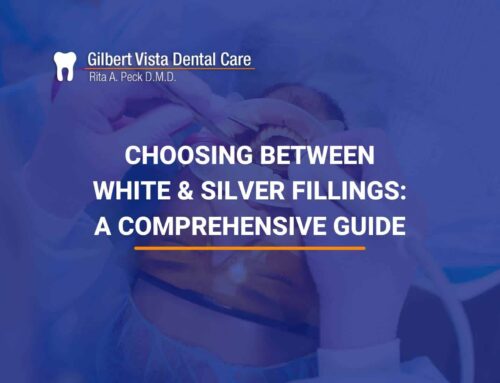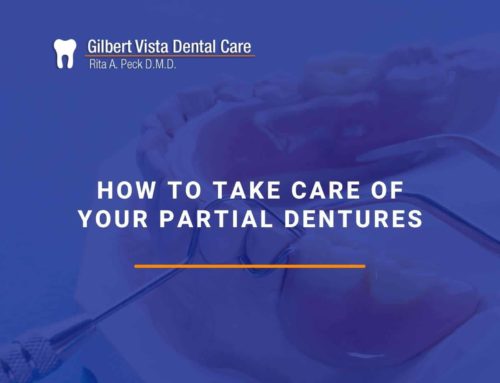 Help! I Have A Toothache!
Help! I Have A Toothache!
If you are experiencing a toothache, perhaps your discomfort is mild – or maybe it is severe. Your pain may be dull or throbbing, sporadic or constant. Maybe your toothache is sensitive to hot/cold foods and beverages, or chewing food is painful. Perhaps your gums are inflamed or bleeding. The cause and the exact location of the pain can be difficult to pinpoint. Regardless of your symptoms, a toothache refers to pain around the teeth, jaws, and gums, which may radiate to the cheeks and ears. Home remedies may offer temporary relief; however, until the source of the toothache is treated, the pain will continue and will most likely worsen, further damaging your tooth and your overall health. Sometimes, a toothache can be a symptom of other illnesses, such as heart disease or ear and sinus infections.
Why Do I Have A Toothache?
Tooth decay is the most common cause of a toothache. Dental cavities, also known as caries, are holes in your teeth that occur when bacteria in your mouth, along with saliva, form plaque, which is the white, soft, sticky mass that constantly forms on your teeth. The bacteria in plaque are fed by the sugars and starches in the foods you eat, producing acid; the acid attacks the tooth, softening and eroding the outermost layers of your tooth, causing cavities. Small cavities may cause little discomfort; treatment requires removing the decay and filling the tooth with tooth-colored composite material. A toothache from a large, deep cavity or injury to the tooth may cause inflammation to the pulp, which is the central living portion of the tooth containing connective tissue, blood vessels and nerves. This can lead to infection and/or an abscess and severe pain. Restoring this tooth involves removing the damaged pulp; this is known as a root canal procedure. Gum disease is another common cause of a toothache, which is the leading cause of tooth loss. Pain, inflammation, and bleeding gum tissue are all symptoms of periodontal disease. Plaque allowed to remain on teeth hardens into tartar, which collects not only on the visible surfaces of teeth but also below the gum line, causing pain. Tartar must be professionally removed. Irritated root surface, deep pocketing of gum tissue and bone loss may all contribute to a toothache. Other possible toothache causes include impacted wisdom teeth, a broken tooth, or exposed root surface.
Toothache Prevention
The best way to prevent a toothache is to practice good oral hygiene. For healthy teeth and gums, proper brushing and flossing techniques, along with a healthy diet are a must. Regular dental check-ups and cleanings are vital. It you have a toothache, a dental examination is necessary for an accurate diagnosis, followed by prompt treatment. There are many different procedures used to treat a toothache; the best course of treatment will depend on the cause of your pain. Call Gilbert Vista Dental Care at 480-503-5467 and Dr. Rita Peck, your Gilbert dentist, will help you regain a pain free, healthy mouth.






